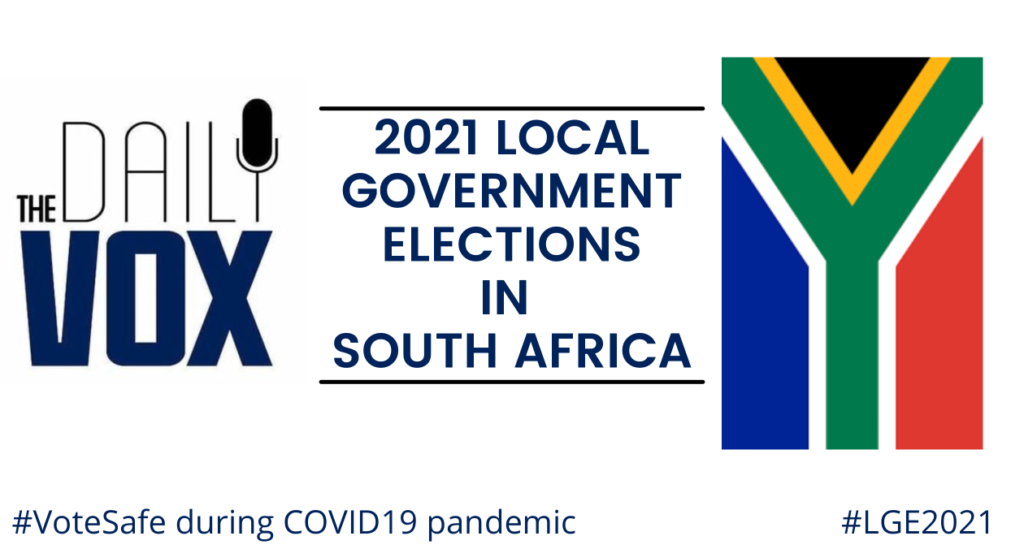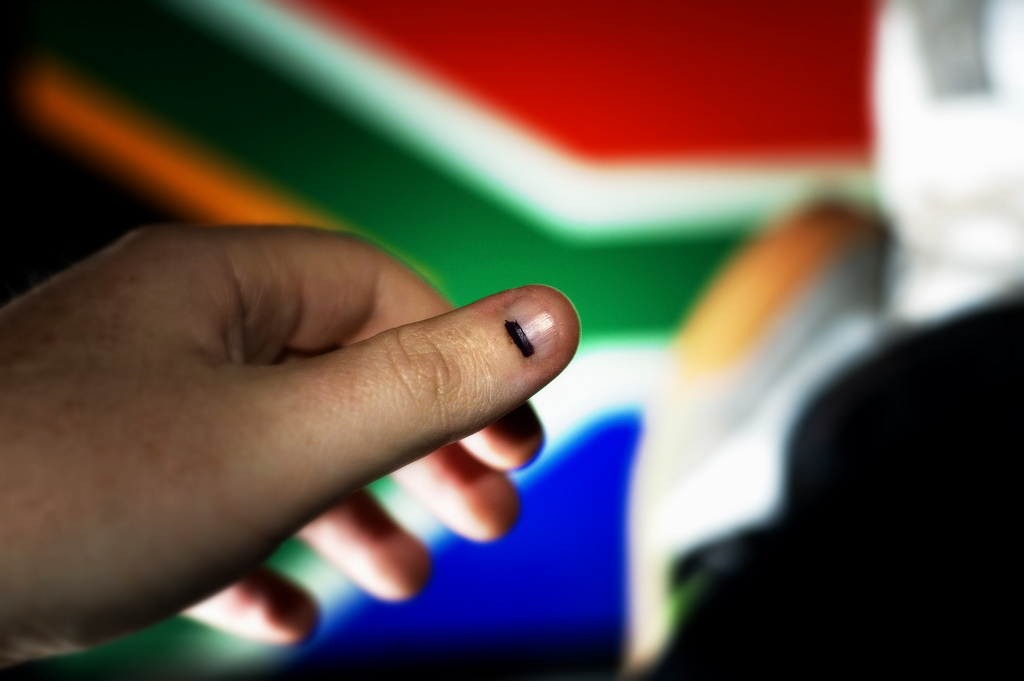Almost 325 political parties are set to contest the local government elections on November 1. There is no telling what role smaller parties will play. As of late, clusters of parties are beginning to emerge to the fore. While some parties have chosen to focus on social, economic, and political issues, others emphasise religious issues.

RELATED:
2021 Local Elections: Everything you need to know
South Africa is a country rich in diversity. ThIS diversity manifests in many different forms. One of those is religion. Despite being a secular country, religion forms a huge part of South Africa society. As the country counts down to the election, the question remains – what role will religion play during the elections?
Some would say yes – and vehemently so, while others would tend to disagree. Of the 58,78 million South Africans in 2019, about ten percent – close to 6 billion people – had no religious affiliation. Approximately 90 percent of all South Africans were affiliated to a religious grouping in some way or another.
There is no denying the many religiously-affiliated parties contesting these elections. The Daily Vox has rounded up a few of those parties.
The Christian Parties
The majority of South Africans (close to 80 %) classify themselves as Christian. It is no surprise that candidates in all nine provinces from Christian parties are contesting the local government elections.
The African Christian Democratic Party (ACDP) has contested both national and local elections since 1994. It is one of the largest religiously-affiliated parties in South Africa and is contesting the local government elections this year.
Aside from promising effective service delivery, the ACDP 2021 manifesto has detailed many other things. This includes the party’s willingness to provide South Africans with Ivermectin in the treatment of Covid-19 and the opening of churches at 100% capacity, despite lockdown restrictions.
Many smaller Christian parties will also be on the ballot on 1 November. Christians of South Africa is a newly formed political party which calls for a “Christ centered government”. They are contesting the elections in Limpopo and the Western Cape.
The African Transformation Movement (ATM) has made clear in its manifesto its overt ties to Chritianity through the church network and has claimed to espouse the values of Christianity. The ATM also aims to not just promise housing to the people of South Africa, but to show them the love of god. The ATM will be contesting in all provinces.
RELATED:
Over and above these three parties, several other parties and independent candidates have enshrined a strong Christian ethos in their manifestos.
The Muslim Parties
Al Jama-ah, the largest Muslim party in the country are also contesting the elections. Formed in 2021, Al Jama-ah has gained traction in some Muslim communities across the country and has consistently contested the national elections.
RELATED:
Al Jama-ah Party: We’ll Tackle Inequality With Islam And Ubuntu
With a focus on ending corruption and eradicating crime, the Al Jama-ah manifesto promises many other things. This includes providing dignified housing, countering gender-based violence, and improved infrastructure. Al Jama-ah will be running in six provinces.
The Cape Muslim Congress (CMC) is a community-based Muslim political party in the Western Cape. They seek to spearhead “the development of a politically influential, socially stable, and economically successful society in Cape Town”.
The African Islamic Movement (AIM) and the Sizwe Ummah Nation (SUN) are also contesting in the Western Cape. Both parties emphasise Islamic values above all else.
With a majority of Muslim parties being based in the Western Cape, Muslim independent candidates are spread across the country.
Some independent candidates have expressed their religious views in their election manifestos. Yet the majority have opted for a broader approach, focusing on social, economic, and political issues they deem important instead of religious issues.
With election season coming closer, bigger religiously-affiliated parties – particularly the ACDP and Al Jama-ah – have made clear their determination. At the 2016 local government elections, both the ACDP and Al Jama-ah made significant strides. The ACDP won 22 seats and Al-Jama-ah won seats in both KwaZulu Natal and the Western Cape.
There is, however, no telling how big a role the smaller religious parties will play in the 2021 local government elections.









